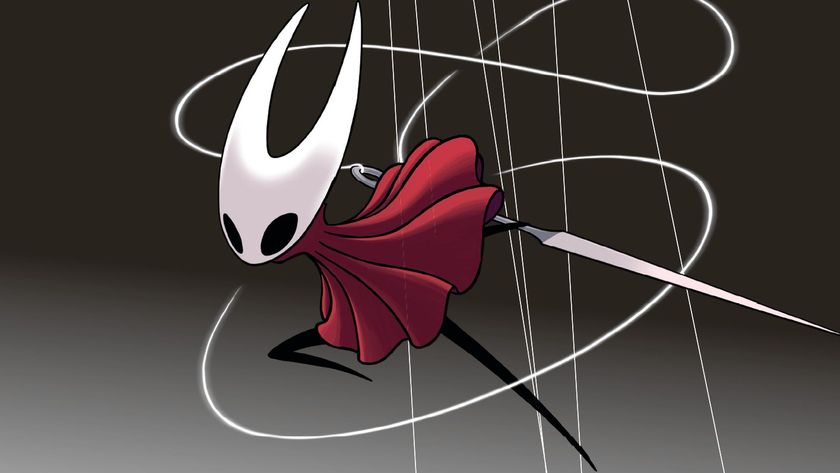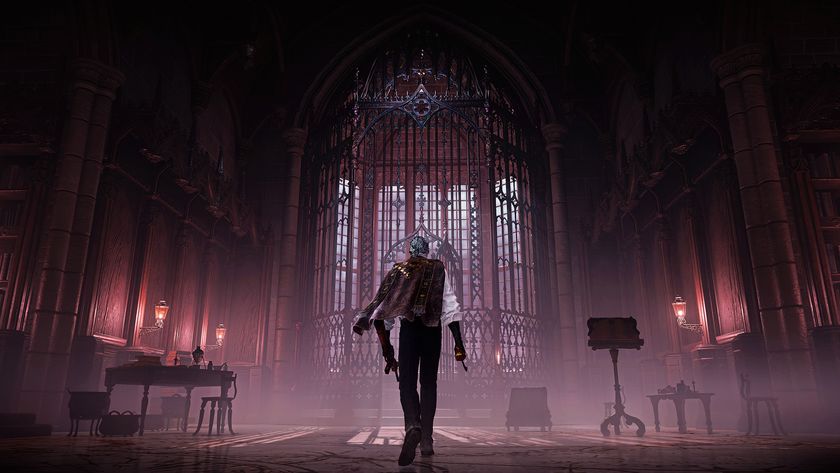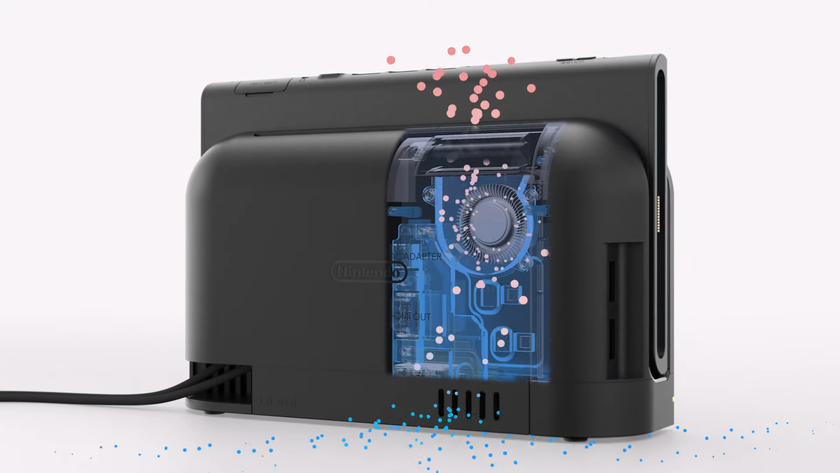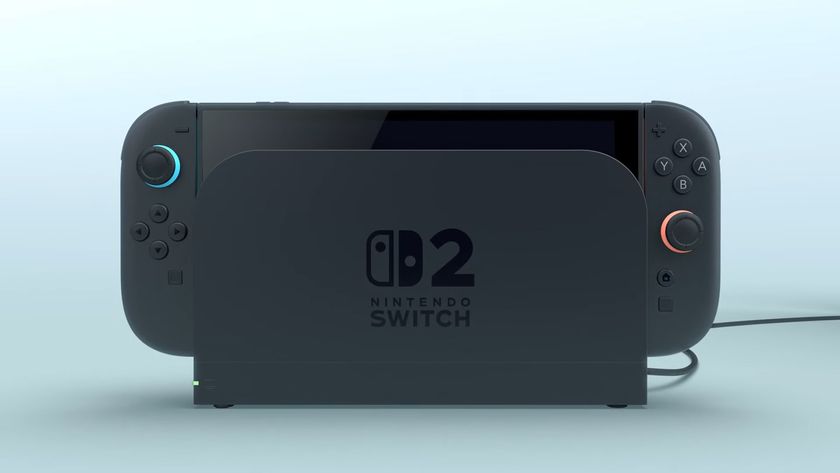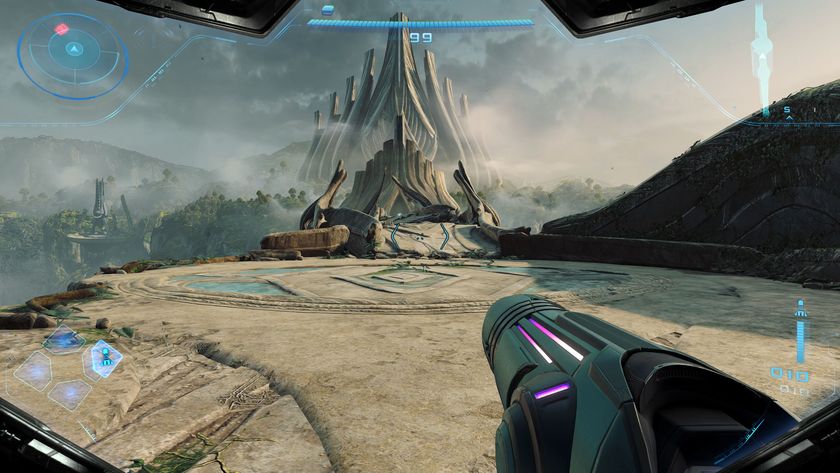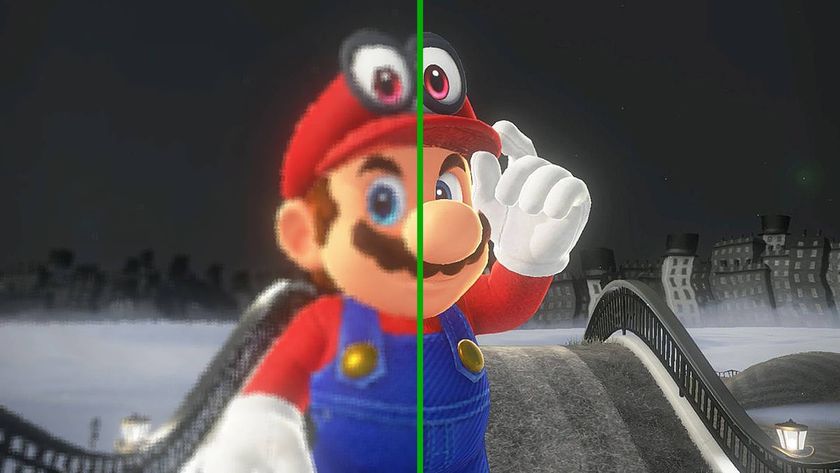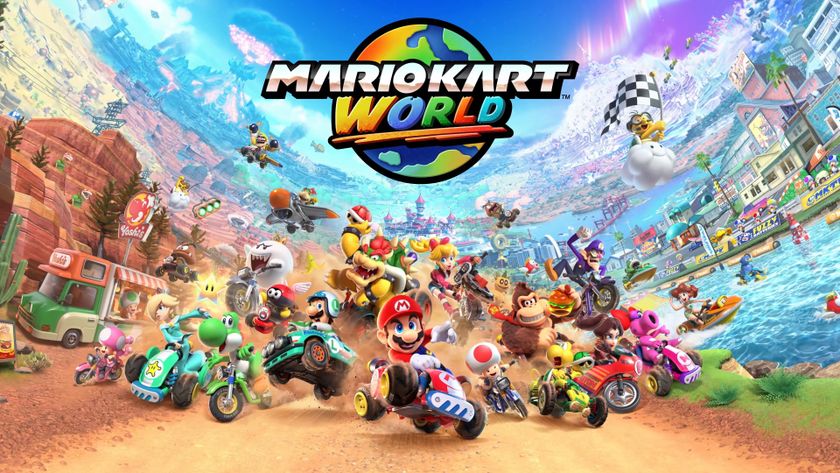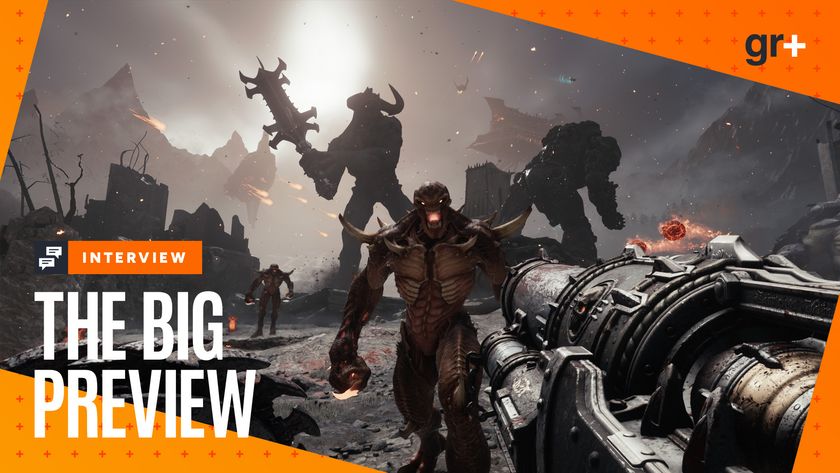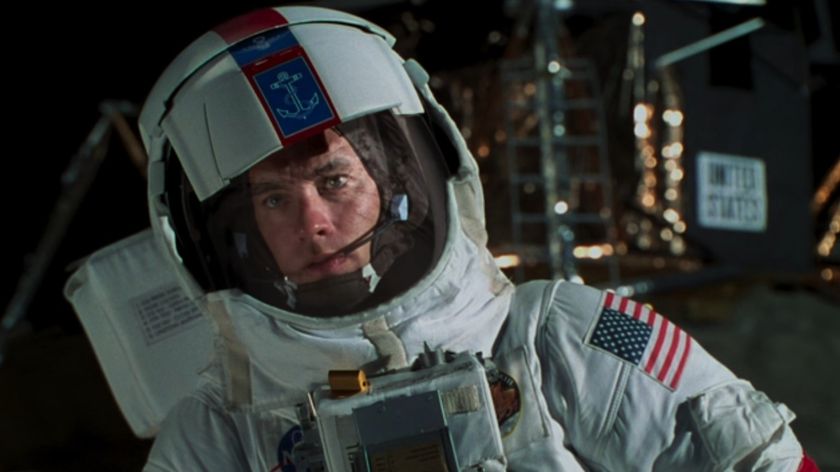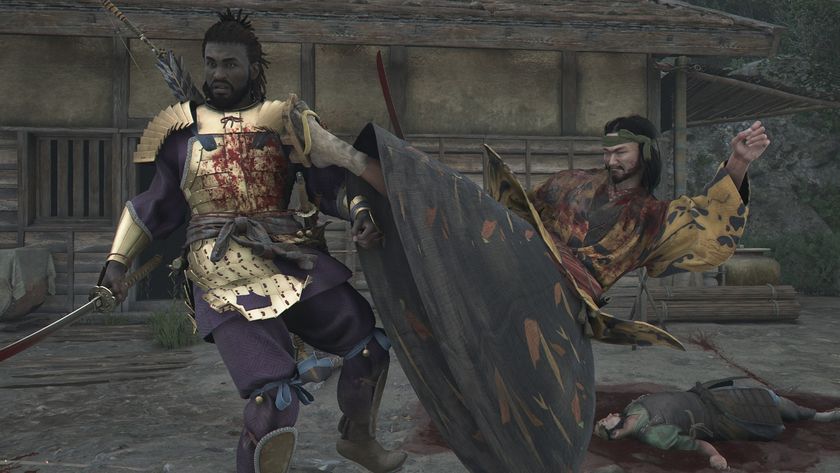What would you do if you could turn back time? Fans of Prince Of Persia: The Sands Of Time, whether paying punters or industry insiders, have been agonising over that question in recent months. Ubisoft's game generated a great deal of affection as it neared completion and then reached market last autumn, but that never quite seemed to translate into a tangible mass market presence and popularity. If expectations of an instant Vice City-sized cultural impact were a little extravagant, it's still not difficult to appreciate why it was a game that people felt like rooting for.
Sands Of Time felt thrillingly modern, but alive to the fundamental importance of old-fashioned videogame adrenaline, too.
It majored on story, but it didn't subordinate control or interaction to its narrative needs. It eschewed excessive length and obscurity for non-stop thrills, and sidestepped the traditional infuriation of instant platform death with its smart rewind trick. It gave needy gamers puzzle-previewing dreams before they tackled a new room, but old hands could skip them. It seemed like a bold new prototype for a type of game that could potentially thrill hardened veterans and reinvigorate the conservative mainstream market at the same time.
Sure, Sands Of Time was stylish and stylised, but not to the extremes of a Rez, Mojibribon or Ico. Parts of its style succeeded by out-slow-moving Max Payne and Enter The Matrix, while, at speed, the prince's movements emulated the pure buzz of being an absurdly accomplished acrobat which its creators at Ubisoft Montreal had so admired in the Tony Hawk's Pro Skater games.
Some had questioned the value of the licence in the modern marketplace but, again, that was the point. The game seemed an exemplary case of updating a beloved, long-dormant videogame in precisely the ways you'd have expected if you loved the original - and then expanding on that to extravagant ends you wouldn't have dared to expect. But if its heritage meant nothing, surely prospective purchasers would still see it was a brilliant, stunt-packed, blockbuster in the finest Indiana Jones tradition?
From the moment Sands of Time entered the UK PS2 charts at number ten last November, however, some people began to wonder what had gone wrong. So many hopes had been invested in the game, it seemed that if only time could be turned back and events corrected, a single tweak could have changed everything. Few, however, agreed on what that single tweak should be.
Sign up to the 12DOVE Newsletter
Weekly digests, tales from the communities you love, and more
Some blamed the exclusivity deal with Sony that saw the game's GC and Xbox releases confirmed late and not released until this year, reasoning that a multiformat appearance would have stopped it being overshadowed by the marquee brands that towered over the Christmas season. (That doesn't explain its comparable fate in the US, despite near-simultaneous releases on all consoles and critical acclaim there.) Others said that the POP TV advertising and poster campaigns missed the point. A few grumbled about the ten-hour playtime, some repetitive and overlong fight sequences, the game's sudden difficulty spikes or a couple of especially bemusing puzzles. There were all sorts of if-only explanations. What was agreed was, first, that something had been missed out on and, second, that it was right to fear that such a missed opportunity could threaten the sequel that had been spoken of even before Sands Of Time's release.
NO, NO, NO
It was 'no' on both counts from Ubisoft, though. Exclusivity deals and all, the company announced in February that POP had shifted two million copies worldwide by the end of 2003 (though the proportion of those sold as parts of bundles, which were widespread, was not revealed) and pointedly excluded it from the list of underselling titles (XIII, BGandE) cited at the same time. Since Christmas, the publisher has been able to point to new year sales, too; at time of going to press, in mid-April, POP had climbed two places to number 19 on the UK all-formats charts after 25 weeks on sale.
It was a 'no' to any suspicion that the stomach for a sequel weakened after initial results for POP, too. At Ubisoft Montreal, producer Bertrand Helias says the sequel project has been "full steam ahead" since his work on it began last summer. "[Sands Of Time is] really a success story for Ubisoft. In two ways, in terms of awards by the press and the industry, appreciation by the public and so on, it's really one of the biggest success stories from Ubisoft."
Positive news - but is the company aware that there's a perception otherwise? "Yeah, I know there is a perception, but that's not the case," he says with a little laugh. "It was a success, not just at Christmas time - the story continued after. Europe was very strong for GameCube - it has done very well. Very, very well."
If there was any one explanation that still seems to make some sort of sense, and that might stick, it was a rather more mundane one. It was one of the early anxieties of some observers - that POP was an action game that lacked the essential decorative trimmings to woo today's mass market - urban reality, beefcake biceps, guns. It was a uniquely sexy game, but perhaps it would have pushed more buttons if it had stuck to conventionally uncomplicated videogame evocations of sensuality of the WWE wrestling-cum-pornstar variety. Perhaps it's no coincidence, then, that aesthetics is the one realm in which the POP2 team is happy to declare an all-new approach.
CHANGING THE PRINCE
"First of all, I think," Helias explains, "that we want to change the prince. Now he will be better in fights. He will have a better attitude. The prince will have more charisma. We want him to be darker, we want him to be a better fighter - do you see what I mean? When he will go on a new adventure, he will know what combat means."
That shadowy sensibility extends to the sequel's all-new locales, and the logic is clear - a bit more Marvel-moody, bulked-up, bad-ass: less All About Eve, more Evanescence - for, you know, the kids. Ageing romantics smitten with the mood of Sands Of Time might have grounds to fear the onset of this gothic darkness - the diaphanous elegance and sandstone-and-silk palette of the original was all about lightness of touch. However, given that these cosmetic alterations are the number one area of change for the POP2 team, more champions of Sands Of Time will surely be reassured by the news. Beyond the makeover, Ubisoft wants to produce a game that celebrates Sands Of Time's achievements, rather than seeking to outdo them for the sake of it.
